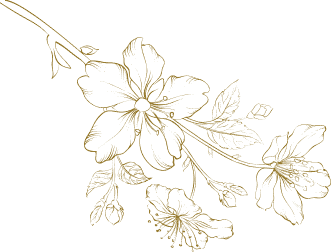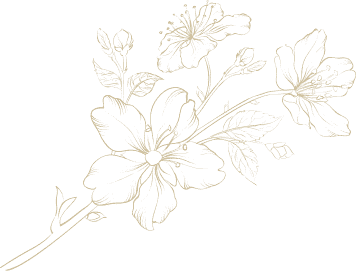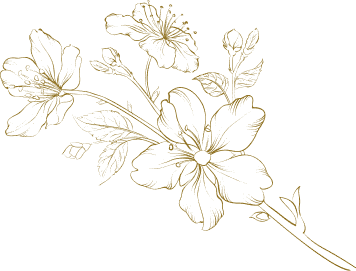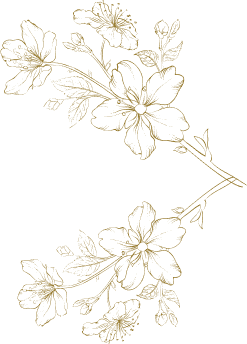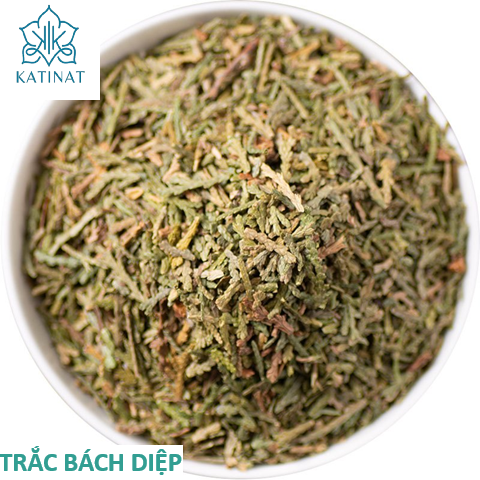
Platycladus is a monotypic genus of evergreen coniferous trees in the cypress family Cupressaceae, containing only one species, Platycladus orientalis, also known as Chinese thuja, Oriental arborvitae, Chinese arborvitae, biota or Oriental thuja.
Botanical Descriptions:
Platycladus orientalis is a large, evergreen shrub or small to medium sized tree rarely exceeding 20 m in nature, in cultivation it often forms multiple stems; habit dense, usually broadly conical with ascending branches from bare stems; old trees in China often wide-crowned with spreading branches, occasionally it forms a monopodial tree, assuming a columnar habit; bark thin, reddish-brown, exfoliating in thin longitudinal strips with age; branches erect or spreading, with the foliage held in vertically aligned sprays pointing upwards.
Some main medicinal uses:
1. Anti-wind, cough relief
• Helps relieve symptoms of cough, sore throat, flu.
• Often used in cases of cough due to cold, long-term cough.
2. Antibacterial, anti-inflammatory
• Has antibacterial effects, helps support the treatment of skin and mucosal infections.
3. Analgesic, antispasmodic
• Helps relieve muscle aches, reduce spasms of the digestive and respiratory tracts.
4. Supports wound healing
• Used topically to soothe inflammation, reduce itching and stimulate skin regeneration.
Notes when using:
• Do not overdose or use for a long time without instructions.
• Pregnant women should be careful when using.
• Usually used in the form of decoction, liquid extract or essential oil.

